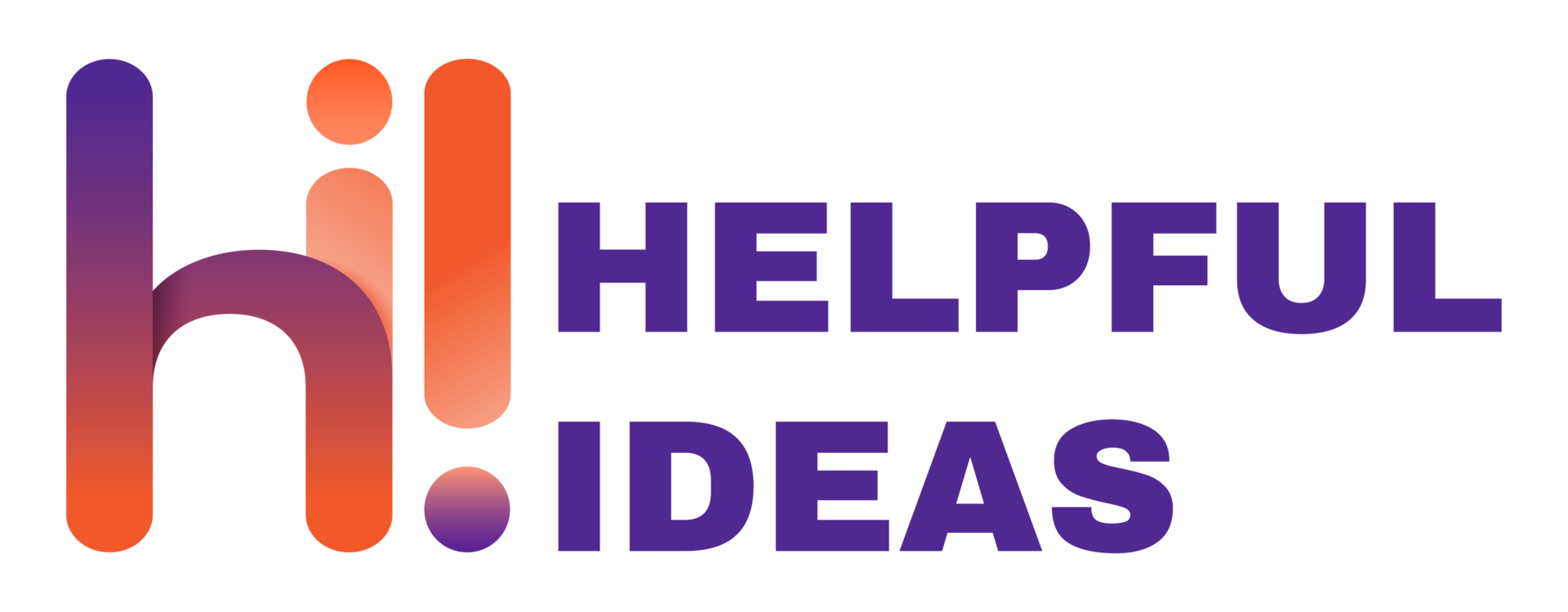In a world increasingly focused on health, wellness, and convenience, there’s a dizzying array of options available for those looking to optimize their eating habits. Among these options are diets, meal plans, and meal kit services like HelloFresh. This article will dive into the differences and benefits of each approach, helping you decide what might be the best fit for your lifestyle and needs.
Diet
What it is: A diet refers to the sum total of food consumed by a person or other organism. More colloquially, when people mention they are “on a diet,” they are typically referring to a specific set of eating guidelines or restrictions they are following, often with a goal in mind—whether that’s weight loss, muscle gain, or managing a medical condition.
Benefits:
- Goal-Oriented: Diets can be tailored to specific health or fitness goals.
- Flexibility: There’s a diet for almost every health need or preference, from keto to vegan to paleo.
- Self-Control: Following a diet can teach discipline and help individuals understand their body’s needs.
Drawbacks:
- Potential for Restriction: Some diets can be overly restrictive, leading to nutritional deficiencies.
- Difficult to Sustain: Without proper planning and understanding, some might find it hard to stick to a diet long-term.
Meal Plan
What it is: A meal plan is a detailed outline of what an individual will eat for each meal and snack over a set period. This can be self-created or provided by a nutritionist or other professional.
Benefits:
- Structure: A meal plan provides a clear outline of what to eat, removing the daily decision-making process.
- Balanced Nutrition: When crafted carefully, meal plans ensure you get a balanced intake of all necessary nutrients.
- Budget-Friendly: Knowing what you’ll eat in advance can help with grocery shopping and reduce food waste.
Drawbacks:
- Lack of Variety: Some might find eating the same meals repetitively boring.
- Time-Consuming: Creating a meal plan requires time and effort, especially if trying to balance nutritional needs.
HelloFresh (and other meal kit services)
Benefits:
- Convenience: Everything you need for a meal is delivered to your door, eliminating the need for frequent grocery shopping.
- Variety: New recipes from various cuisines are introduced regularly, preventing mealtime monotony and allowing users to try dishes they might not have otherwise.
- Portion Control: Ingredients are pre-portioned, reducing the chances of overeating and minimizing food waste.
- Quality Ingredients: HelloFresh often sources high-quality ingredients, including organic produce and sustainably sourced proteins.
- Skill Development: The step-by-step recipes can help novice cooks develop their culinary skills and confidence in the kitchen.
- Nutritional Information: Recipes come with detailed nutritional information, allowing users to keep track of their dietary intake.
- Flexible Subscription: Users can choose the number of meals and servings they want each week and can often skip weeks or cancel without a hassle.
- Special Dietary Options: HelloFresh offers meal options for vegetarians, pescatarians, and those on low-calorie or low-carb diets.
- Saves Time: By providing all ingredients and recipes, HelloFresh eliminates the time spent on meal planning and grocery shopping.
- Social Experience: Cooking HelloFresh meals can be a fun activity for families, couples, or roommates, turning meal prep into a bonding experience.
With these additional benefits, it’s evident that HelloFresh and similar meal kit services provide a comprehensive solution for many individuals and families seeking both convenience and culinary variety in their daily meals.
Drawbacks:
- Cost: Per meal, HelloFresh can be more expensive than sourcing ingredients yourself. However, for many users, the convenience, variety, and quality of ingredients can justify the additional cost.
- Waste: The packaging and delivery can contribute to environmental waste. Nonetheless, HelloFresh has shown a commitment to sustainability by continually working on reducing packaging and opting for recyclable materials when possible.
- Limited Customization: While there are various meal choices, there might be limitations for those with specific dietary needs. That said, HelloFresh often listens to customer feedback and regularly updates its menu offerings to cater to a wider range of dietary preferences.
By highlighting the proactive steps that HelloFresh takes in response to some of these challenges, potential users can make a more informed decision on whether the service aligns with their values and needs.

Conclusion
Choosing between a diet, a meal plan, or a service like HelloFresh comes down to individual needs and preferences. If you’re goal-oriented and seek structure, a diet or meal plan might be best. If you prioritize convenience and variety, a meal kit service could be the way to go. Whatever you choose, the key is to ensure it aligns with your health goals and lifestyle.


